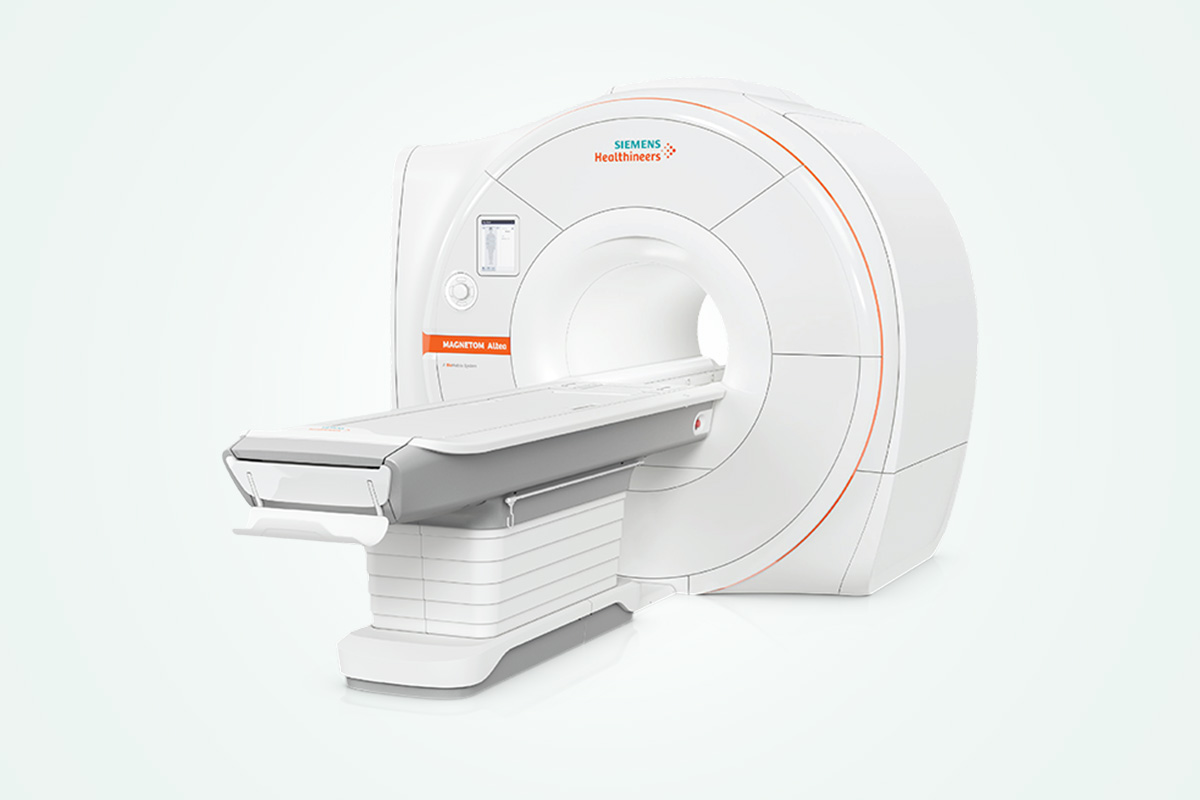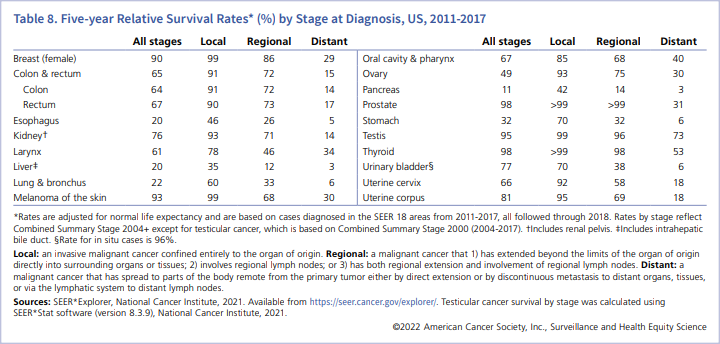Full-body magnetic resonance imaging reveals more health-threatening changes than expected

Whole-body magnetic resonance imaging is a modern imaging method in which the body is imaged extensively from different angles using multiple sequence weightings. The purpose of the examination is to detect early-stage changes and abnormalities that are significant to health, such as cancerous tumors and arterial bulges. Rapid technological advances in magnetic resonance imaging, the increase in cancer cases, and the need for preventive health services have contributed to the widespread use of whole-body magnetic resonance imaging in Europe.
Peace of mind and significant health findings
Vision During the first year of magnetic resonance imaging, approximately 15% of those examined were found to have tumors or suspected tumors requiring further investigation, as well as cerebral aneurysms. These individuals have been referred for further examination, some on an urgent basis and some with normal priority.
Some of these findings are benign and require only monitoring. Some of the findings, on the other hand, would have led to a significant reduction in life expectancy if they had been discovered later. Unfortunately, there are also cases where the findings do not significantly improve the prognosis.
When other findings requiring further measures are taken into account (e.g., some ovarian findings, intestinal findings, and arterial calcifications), it can be concluded that approximately 20% of all those examined have medical findings that have led to further measures or at least follow-up.
Vision In magnetic resonance imaging, cysts and other benign findings are clearly communicated to the customer, but they do not lead to further investigation.
For the majority of customers, the examination has provided information and peace of mind about their health. Some have received instructions from a general practitioner during a remote consultation included in the imaging for lifestyle changes that help manage a detected early-stage disease (e.g., fatty liver) or a recommendation to seek medical evaluation.
Detecting cancer as early as possible almost always prolongs life expectancy
Especially in the case of cancer, early detection has a significant impact on life expectancy. For some types of cancer, early detection can increase the chance of survival after five years by up to tenfold compared to advanced stages of the disease.
Preventive diagnostics and screening-type examinations, such as whole-body magnetic resonance imaging and screening mammography, can play a crucial role in promoting public health in Finland. When health-related diseases are detected at an early stage, before symptoms appear, treatment is usually more effective and efficient. Early diagnosis also allows for lifestyle changes or targeted treatment at the right time – often before the disease has had time to develop into a serious condition.

*Source: American Cancer Society
